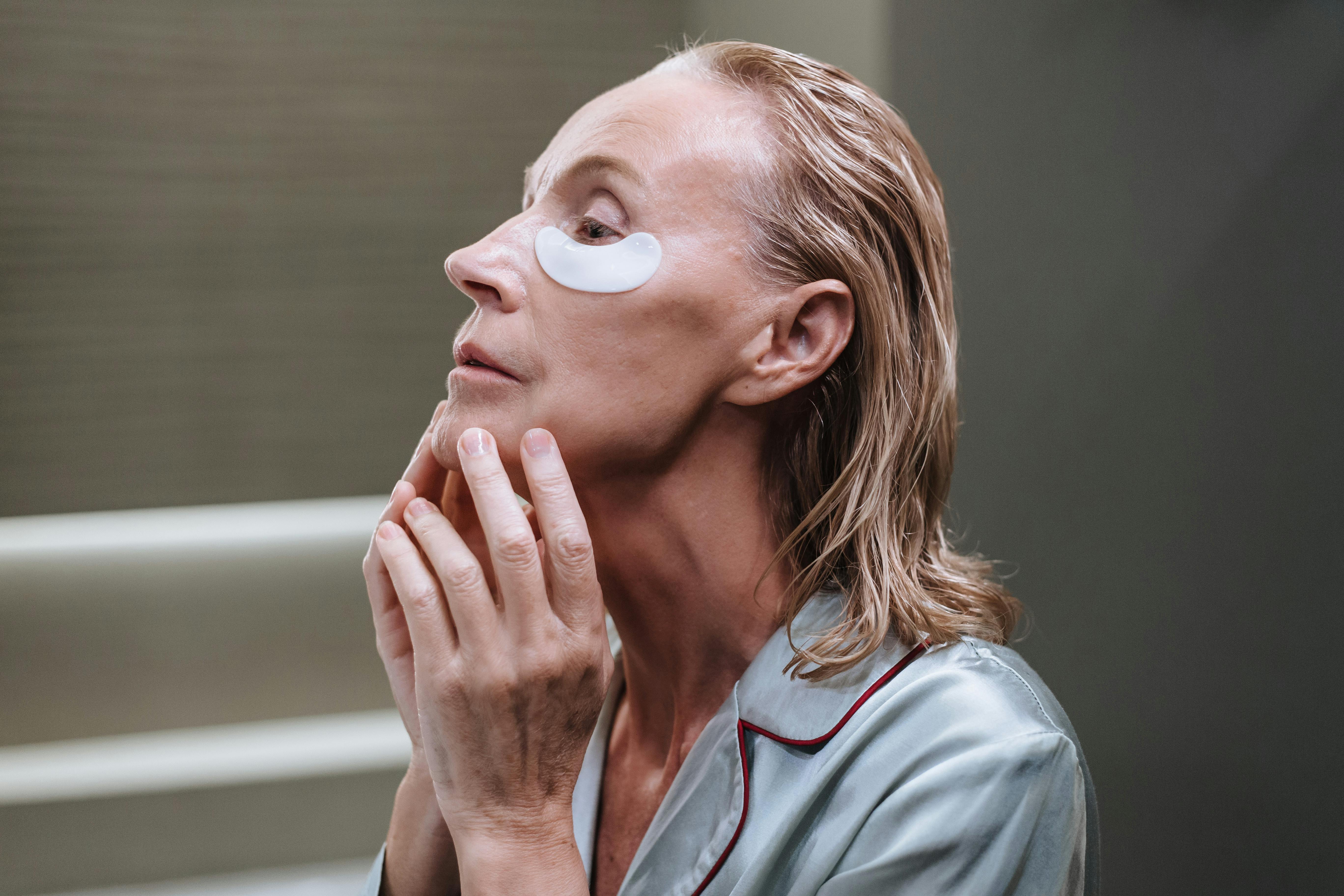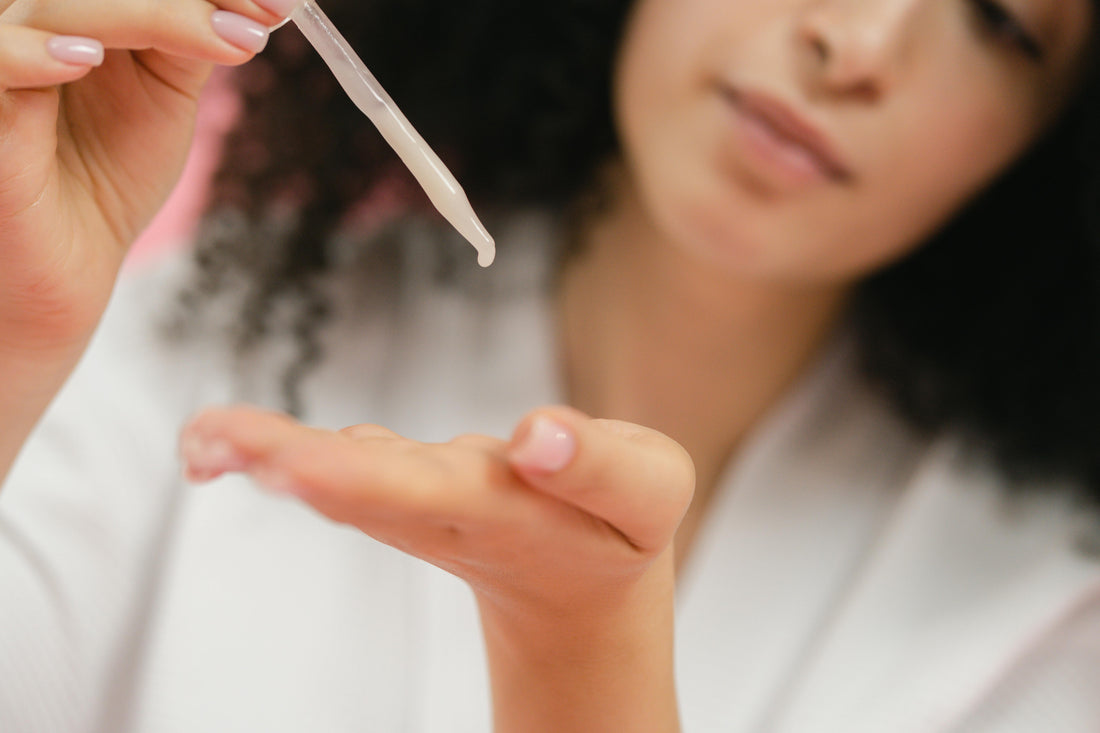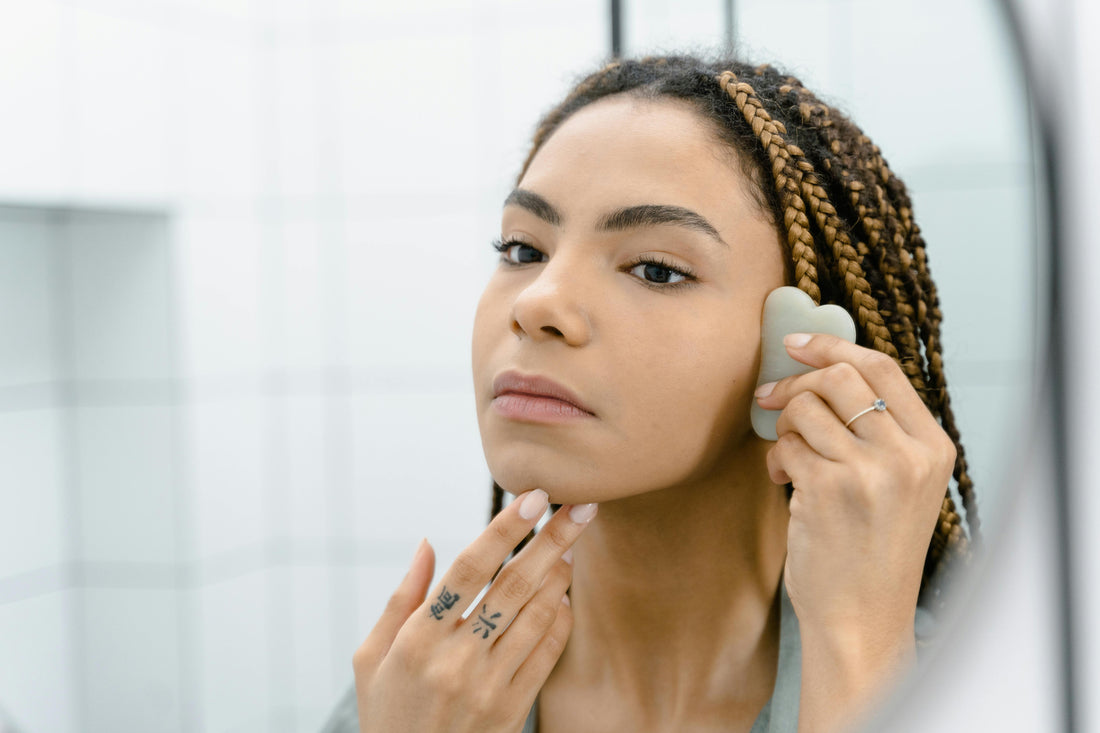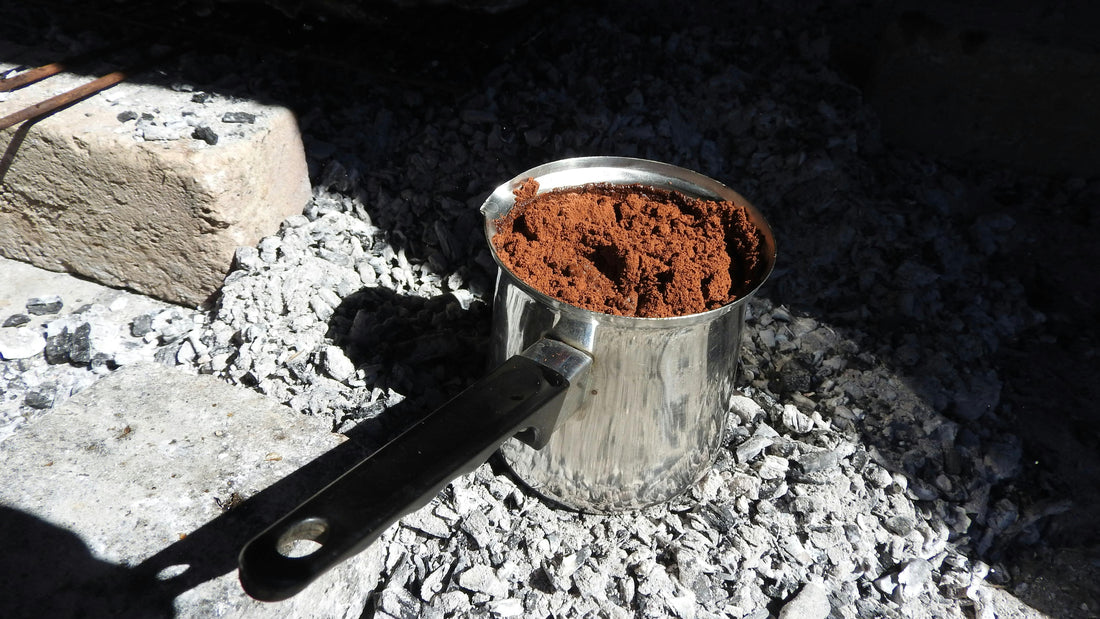With all of the negative stigma around growing older, it’s important to think about what makes it so great. We gather more experiences, meet amazing people and learn more about ourselves as we mature and travel through life. We grow as individuals and help those around us to grow right alongside us, moving forward and bettering ourselves at each step of the way.
However, as we continue to age, there are subtle changes in our skin that we’ll begin to notice as the years pass us by. You may find that your complexion will start to appear more lax with less bounce and more prevalent fine lines and wrinkles. You may also begin to notice less hydration and more brittle skin that is prone to scarring or tearing. This is due to age-related collagen loss, a natural occurrence that happens as we grow older and our collagen production slows down.
While age-related collagen loss may feel daunting and inevitable as we age, the truth of the matter is that this process can be slowed down and counterbalanced through a few key methods. Keep reading to discover more about this process, how it works and what you can do to slow it down and maintain your beautiful complexion long-term.
What is Collagen Anyways?
When thinking about collagen, you can imagine it as a glue of sorts that helps keep the body together. This substance is a naturally occurring fiber within the body that helps to support the skin, bones and muscles from head to toe. In fact, collagen makes up about 70% of dry skin!
Within the skin, collagen provides support for hyaluronic acid and elastic, both of which help to maintain skin health through holding onto hydration and promoting elasticity. As we begin to age, our body’s natural production of collagen will begin to slow down, leading to a lower presence of collagen in the skin. This, in turn, will cause skin to become dryer and less elastic, increasing the prevalence and appearance of fine lines and wrinkles while also increasing brittleness. In other words, loss of collagen leads to increased signs of aging.
How Can I Slow Down the Process?
Although collagen loss is a naturally occurring process that just happens while we age, the good news is that there are a few key methods of maintaining your skin’s health and collagen levels while also slowing down the process.
Don’t Skip the Skincare
One of the easiest ways to help boost your skin’s collagen production and maintain it long-term is through the use of anti-aging skincare and anti-wrinkle skincare products. These products are carefully designed to capture exactly what your skin needs to maintain its balanced levels, with high-powered ingredients that are known to boost and maintain collagen production. Look for products with proven ingredients such as antioxidants to help keep your skin feeling and looking its absolute best.
Don’t Forget the SPF!
Did you know that UV radiation can naturally slow down collagen production in the skin? Keep your skin protected from the damaging effects of UV rays by making sure that you’re wearing an adequate SPF each and every day. In addition, try minimizing your direct sun exposure and skipping tanning booths altogether - this can help you maintain your collagen production for much longer.
Slip in Some Supplements
When thinking about what our bodies need, so many of us don’t actually get the adequate amount of vitamins and minerals to stay supported from what we eat each and every day. One such element that we definitely don’t get enough of from our food intake is collagen. While it’s not quite been proven by modern science, collagen supplements may help counterbalance collagen loss within the skin and slow down the process long-term.
Amp Up Your Diet
Along the same lines as supplements, a quick update to your diet might be a great way to maintain collagen production and slow down age-related collagen loss. Take a closer look at what you eat each day - are you getting enough protein? How about vitamin C? Are you drinking enough water? Make small adjustments to ensure that your body is getting what it needs in order to maintain your overall health and your skin’s health long-term.
Say No to Smoking
One of the worst bad habits that you can have in terms of skin health is smoking. The simple act of smoking will immediately begin to slow down collagen production within the skin, causing premature signs of aging such as wrinkles and fine lines as well as causing more brittleness in the skin. By skipping your indulgence and saying no to smoking, you can help your body restart its collagen production and maintain your youthful skin for much longer.
Don’t Forget to Rest!
Last, but certainly not least, on our list of methods to slow down age-related collagen loss is simple - make sure you’re getting enough sleep. When we skip the sleep and don’t rest enough, this can cause your skin to feel dry and saggy with more prominent wrinkles and fine lines. When you don’t get enough sleep, this can actually increase the rate at which you lose collagen, causing more obvious signs of aging that appear much faster than if you were well-rested.
While there are so many amazing things that come with growing older, age-related collagen loss is not one of them. This process might be something that naturally occurs, but there are a few ways to slow it down and minimize its effect, from eating the right foods to quitting smoking to making sure that you get enough sleep. Try adding one (or all!) to your daily routine to keep your skin protected and looking bright and radiant for as long as possible.
Interested in further exploring your skincare journey? Discover our comprehensive range of Anti Aging Skincare products, each meticulously formulated to combat the signs of aging. Dive deeper into targeted solutions with our curated collection of Anti Wrinkle Products, designed to smooth and refine your skin. For those specifically addressing the challenges of maturing skin, our Aging Skin Treatments offer advanced options for rejuvenation. And don't forget to explore our general Skin Care collection for a comprehensive approach to maintaining your skin's health and vitality



